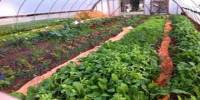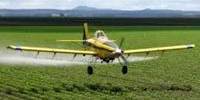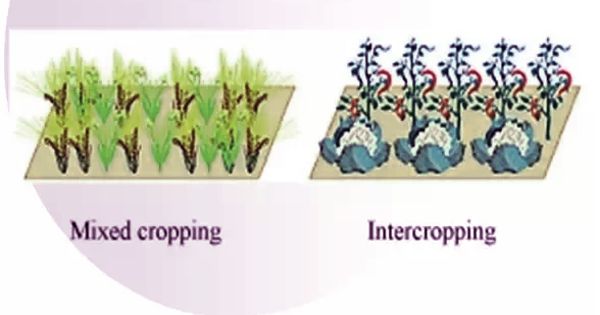Edaphology is a subfield of soil science that studies soils as a natural resource and how they affect plant development, agricultural productivity, and environmental sustainability. It entails investigating the physical, chemical, and biological aspects of soils and determining how these variables influence soil fertility, nutrient availability, water-holding capacity, and other critical plant growth factors.
Edaphology is the study of the effects of soils on living organisms, notably plants. It is one of two major branches of soil science; the other is pedology.
Edaphology is a branch of biology that studies soil formation, categorization, and mapping, as well as soil fertility and nutrient cycling. Edaphologists study the interactions between soil, plants, and microbes to better understand the processes that occur within soil ecosystems.
Some key areas of study in edaphology include:
- Soil composition and structure: This involves examining the physical properties of soil, such as texture, porosity, and aggregate stability, as well as the chemical composition of soil particles, including minerals, organic matter, and nutrients.
- Soil fertility: Edaphologists study the availability and cycling of essential nutrients in the soil, such as nitrogen, phosphorus, potassium, and micronutrients. They investigate factors influencing nutrient availability, such as soil pH, organic matter content, and microbial activity.
- Soil conservation: Edaphologists play a crucial role in studying soil erosion, degradation, and ways to mitigate these issues. They work on developing sustainable soil management practices to prevent soil loss and maintain soil health.
- Soil microbiology: This topic focuses on the varied microbial populations in soil and their involvement in nutrient cycling, organic matter breakdown, and plant-microbe interactions. It also involves studies on beneficial soil microbes like mycorrhizal fungi that create symbiotic interactions with plant roots.
- Soil ecology: Edaphologists study soil organism interactions and their effects on soil health and ecosystem function. Soil food webs, nutrient dynamics, and the effects of human activities on soil biodiversity are all investigated.
Edaphology study contributes to agricultural methods, land management initiatives, and environmental protection efforts. Scientists and farmers may make more educated decisions to boost crop yield, protect soil resources, and promote sustainable land use if they grasp the complicated interactions between soil and plants.
The study of how soil effects humankind’s use of land for plant development, as well as people’s overall usage of the land, is referred to as edaphology. Agriculture soil science (known as agrology in some regions) and environmental soil science are two broad subfields of edaphology. (Pedology is concerned with the processes of pedogenesis, soil morphology, and soil categorization.) Edaphology is equivalent to pedology in Russia, although it is understood to have an applied connotation consistent with agrophysics and agrochemistry outside of Russia.
















